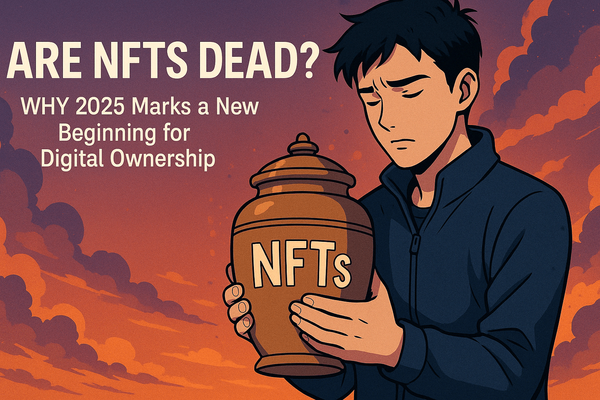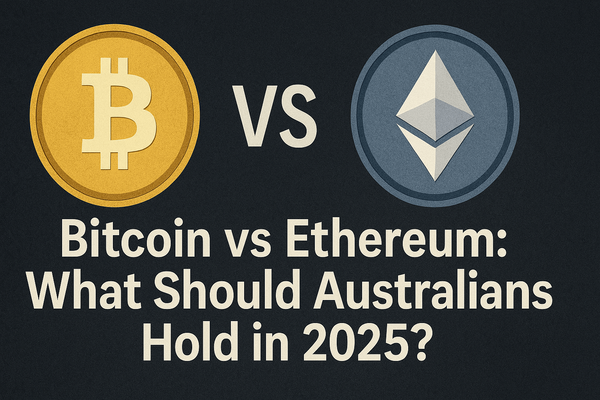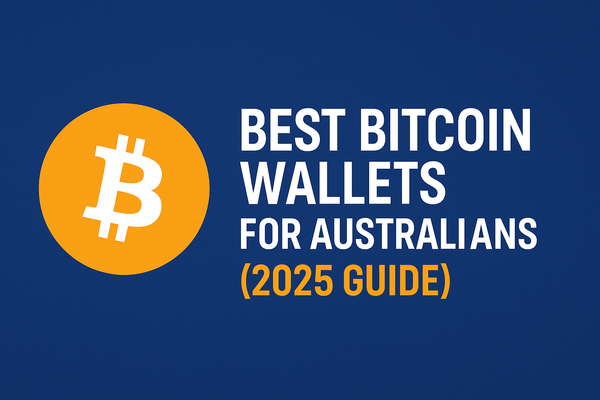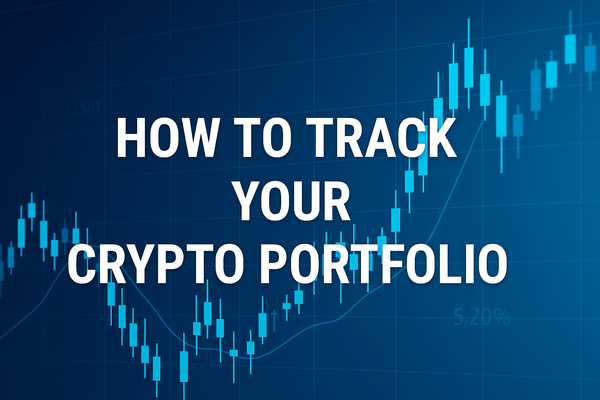Tokenised Everything: What Happens When Everything Is an Asset?
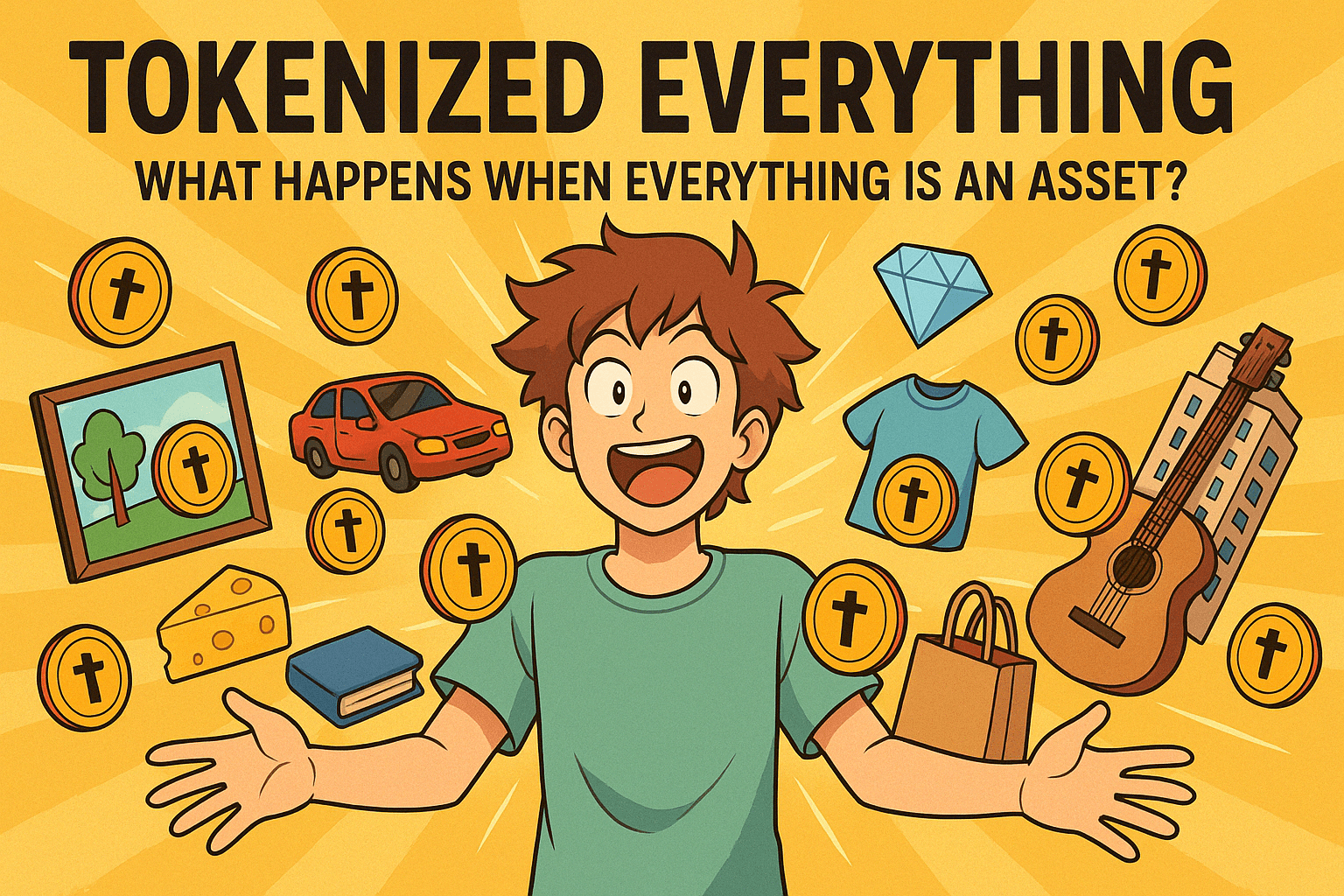
In the not-so-distant future, everything you own — your house, your coffee subscription, your car’s service record, your frequent flyer miles, maybe even your parking spot — could exist as a token on a blockchain.
This is the idea behind the tokenisation of everything: transforming real-world and digital assets into tradable, verifiable tokens. At first glance, it sounds futuristic. Maybe even dystopian. But we’re closer than you think.
And the implications are massive.
What Is Tokenisation, Really?
Tokenisation is the process of converting rights to an asset — whether physical, digital, or abstract — into a digital token stored on a blockchain.
Traditionally, we tokenise things like:
- Money: Stablecoins like USDC represent fiat currency.
- Art & Collectibles: NFTs proved this was possible (and profitable).
- Real Estate: Property ownership can be fractionalized and sold globally.
But what if everything was tokenised?
A Glimpse Into the Tokenised Future
Imagine this world:
- Your house deed lives as an NFT in your wallet. You can sell it in seconds, without a notary or a lawyer.
- Your loyalty points are tokenised and interchangeable between brands.
- Your subscription to your gym or your favorite indie creator? It’s a smart contract.
- Your resume is a verifiable token showing actual credentials — no embellishments.
- Your car has a digital twin tracking service history, previous ownership, and insurance in real time.
Suddenly, anything with value — even something abstract like reputation — becomes tradable, programmable, and interoperable.
Why Tokenise Everything? The Core Benefits
Here’s why this trend is so powerful:
1. Liquidity
Tokenised assets can be traded quickly, in small pieces, with a global audience. Want to own a piece of a famous painting or a luxury condo? You no longer need millions — just a smartphone.
2. Transparency & Trust
Blockchain records are immutable. Everyone sees the same ledger. This reduces fraud and increases trust in transactions, from real estate to supply chains.
3. Programmability
Tokens can carry logic. Imagine an NFT that automatically splits royalties between a creator, their agent, and a charity. The contract enforces itself — no middlemen needed.
4. Accessibility
Tokenisation opens access to investment and ownership. People locked out of traditional systems — banks, brokers, or even borders — can now participate.
But What Are the Risks?
Like any radical shift, tokenising everything raises new questions:
🧠 Hyper-Financialization
If everything is an asset, does everything become about money? Could we see reputation scores, social tokens, or even human time traded on open markets?
🔒 Privacy Concerns
If everything we own or do is tied to a wallet or address, what happens to privacy? How do we balance transparency with anonymity?
⚖️ Regulatory Chaos
Most legal systems aren’t ready. Are NFTs securities? Who’s liable if a tokenised property contract malfunctions? The laws haven’t caught up — yet.
💥 Speculation Over Substance
We’ve seen it before — a rush of speculative excitement can obscure real utility. Tokenizing everything must be grounded in real value, not hype.
Who’s Already Doing It?
This isn’t science fiction. It’s already happening:
- BlackRock and JPMorgan are exploring tokenised securities and on-chain asset management.
- Real estate platforms like Propy are selling homes as NFTs.
- Luxury brands like LVMH are using NFTs for product authentication.
- Web3 startups are issuing social tokens that let fans invest in creators.
- Even governments are testing blockchain for land registries, IDs, and voting.
The foundation is being laid — and it’s only just beginning.
What Happens Next?
Tokenisation could redefine:
- Ownership: From exclusive to fractional.
- Access: From gated to decentralised.
- Trust: From institutional to algorithmic.
In the future, we may not talk about “NFTs” or “tokens” at all. These concepts will be embedded in how we interact with the world. Invisible. Automatic. Expected.
But the philosophical questions will remain:
What does it mean to own something in a world where everything can be fractionalized, coded, and traded?
Will tokenisation empower us — or reduce our lives to portfolios?
We’re about to find out.
Conclusion: This Is Bigger Than NFTs
The tokenisation of everything isn’t just a crypto trend — it’s a paradigm shift. It challenges how we define value, exchange trust, and understand ownership itself.
And while the road ahead is full of friction, experimentation, and resistance, one thing is clear:
The future will be tokenised.

